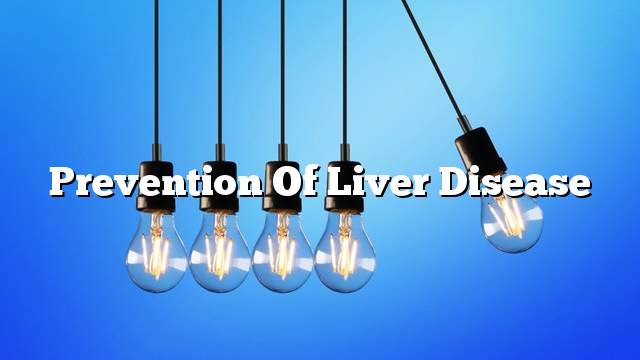For hepatitis A, the active vaccine has been developed. The virus is killed with formaldehyde and is given to people with chronic liver disease or people who go to the outbreaks. Hemophilia patients and hospital staff who are in contact with hepatitis A patients and continue The effectiveness of this scion for ten years
Inactivated immunization is given by antibodies to people who are in contact with patients within only two weeks of exposure. After two weeks, it is not suitable for treatment. For hepatitis B and C, because the transport methods are similar, these viruses are prevented in the following ways : The use of medical instruments such as needles for one time only, sterilization of medical instruments by heat, and dealing with medical devices and wastes very carefully, and avoid drugs, and should not donate blood to patients because the viruses transmitted through the blood and its products
The active hepatitis B vaccine has been developed as it is given to all children at birth, at one month and at six months of age. Also, the inactive hepatitis C vaccine, which is antibodies, is given in conjunction with the active vaccine in neonatal conditions of a mother with hepatitis E is also given in the case of hospital staff who are infected by the needle used to inject a person with hepatitis B, and for hepatitis C, no vaccine has been developed.
